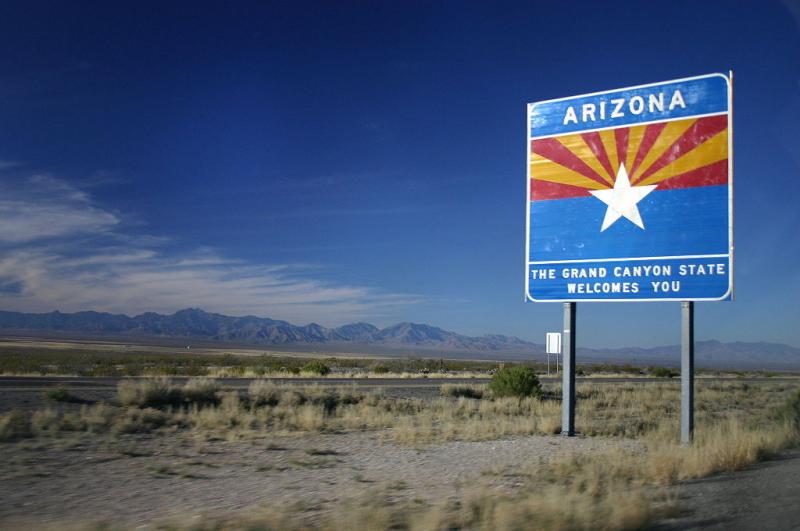
This session, legislators in the Grand Canyon State are working hard to improve the state’s criminal justice system and protect the rights and property of Arizonans.
Overdue civil asset forfeiture reform, HB 2810, is on the move and through the House already, sailing through with 57 yes votes to only 2 nays. Now, it is making its way through the Senate, which passed a similar bill last year, only to see it blocked by House Democrats in a bizarre move.
Under current asset forfeiture laws, Arizonans can have their property seized by law enforcement without a crime having been committed. They can also lose their property if it was used in a criminal activity without their knowledge – authorities do not have to prove the property owner knew. Combine these issues with a difficult-to-navigate process for citizens trying to get their property back, and the deck is inappropriately stacked against Arizonans.
HB 2810 would require a conviction for property to be forfeited, so there is actually a crime that has been committed – and it makes the appeals process less onerous, and more clear.
The House also sent HB 2713 to the Senate, legislation that expands earned release credits for people in prison. Since Texas took up criminal justice reform more than a decade ago to the federal First STEP Act, conservatives have recognized that better preparing people to contribute to society upon their release is the way to go. The vast majority of those in the system will be released one day regardless, it is best for their futures, and public safety, when they are able to find work and improve their communities.
Passing HB 2713 should be a big priority for the legislature, and Arizonans. It promises to address an overly expensive prison system, while boosting public safety.
But wait, there’s more! The Arizona Senate has passed legislation, SB 1551, to end driver’s license suspension as a means to strong arm people who owe court debt.
Suspending a license for dangerous driving is more than appropriate, but suspending someone’s license because they can’t afford a fine is wrong and counterproductive.
It can cost someone their job by significantly limiting their transportation options, or make it difficult for them to look for a job in the first place. Without income, it only becomes harder for someone to pay off the debt they owe. This bad situation can get worse, as desperation may result in someone committing the offense of driving without a license, this can spark a downward cycle as a new offense is piled on top of whatever prior offense led to the initial fine and court debt.
Arizonans would be much better off if people weren’t being put in this absurd Catch 22 situation. Further, courts are not likely making much, if any additional money with this tactic.
Results from California, one of the early states to reform driver’s license suspension, show that courts are now receiving more money because people are better able to pay their fines if they can drive to work. California’s courts reported a 9% increase in collections on newly issued traffic tickets following reform.

